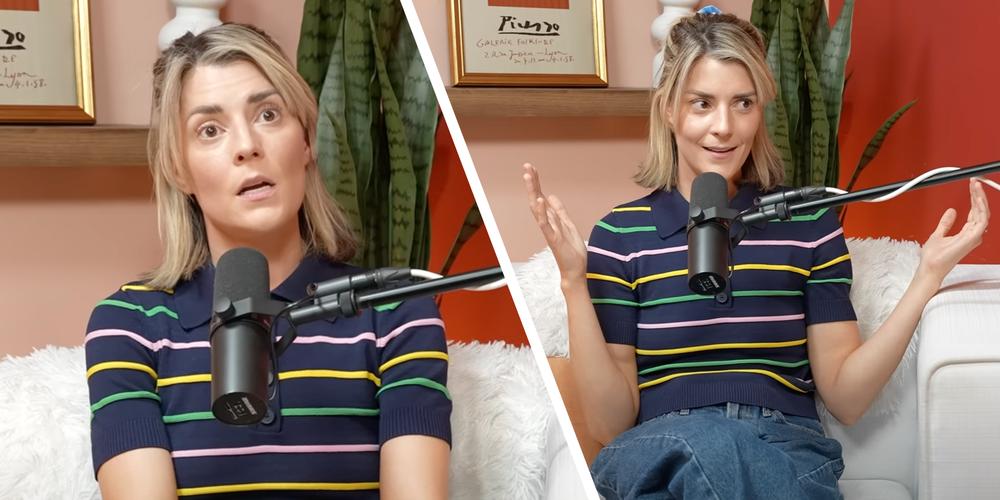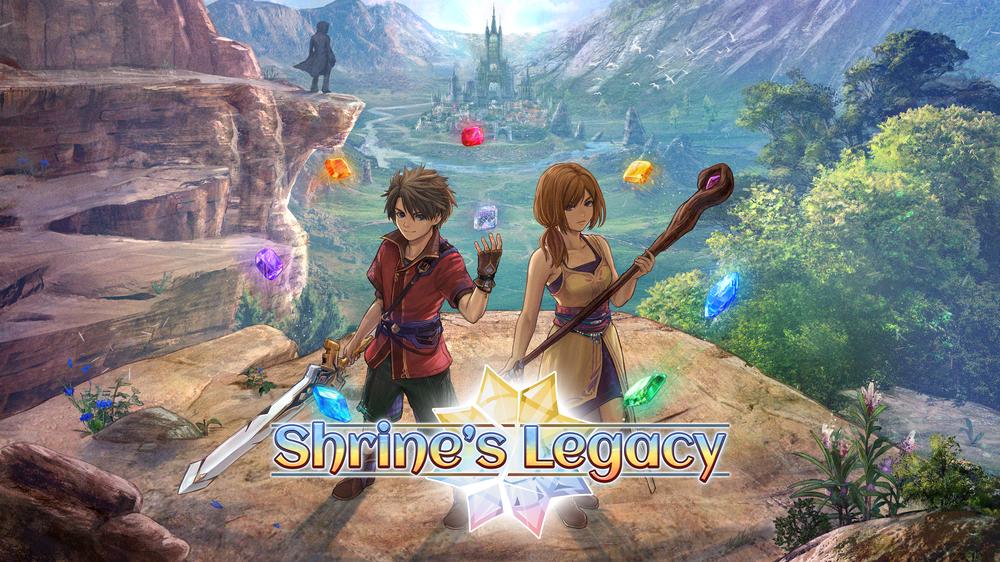Grace Helbig is sparking conversation about what YouTube, and by extension, the whole internet, used to be like over a decade ago: a nice place.
Featured VideoAs a YouTube veteran, Grace Helbig has been here for a long time. She initially rose to fame in 2008, hosting My Damn Channel’s web series DailyGrace.
However, she controversially parted ways with My Damn Channel in 2013. Because My Damn Channel still owned the DailyGrace show, Helbig had to use her own YouTube channel instead. While some fans supported her, others felt betrayed.
AdvertisementSo, while this happened before the concept of cancel culture, Helbig knows a thing or two about the internet turning against you. And during a recent appearance on the “Ask Kati Anything” podcast, she made her feelings on the matter clear.
Grace Helbig on cancel culture
During the interview, she reflected on how it all started, noting how drama/commentary channels “skyrocketed” in terms of popularity between 2015 and 2016.
“It became, we are not creators collaborating, we are creators criticizing, and everyone is watching each other, not for entertainment, but to make commentary on and in a lot of ways, obviously, that’s great, because people should be called out for bad behavior, I agree with that, but there was a level of kind of scrutiny that didn’t exist in the early
years,” she explained.
In response, Kati Morton noted how the internet used to be “a place where you went as a respite from the real world, because everyone was so lovely.”
Helbig added, “I would leave [the internet] being like, yeah. It was just such a nice conversation. And now I’m like, terrified. I’m like, say, I want to expose myself to this right now. I know. Can I emotionally handle it? If someone’s like, ‘**** you, you stupid piece of
****.’”
@katimorton Old internet era was different #cancelled #cancelculture ♬ original sound – Kati Morton, LMFTAdvertisement
The YouTuber also said that while she is trying to “reenter the world of content creation,” the rise of cancel culture serves as a barrier.
“With every ‘Yes, I’ll upload that photo,’ ‘Yes, I’ll upload that video,’ It’s like: upload, throw my phone away, and be like, ‘Oh my God.’ It is not what it used to be. And you’d think we’d have a tougher skin by doing it for this long, but it just doesn’t totally work out that way.
In the comment section of a TikTok that Morton posted of the discussion, commenters debated whether the early internet was truly a good thing.
AdvertisementFellow YouTuber Tyler Oakley said that what Helbig was saying is “so true,” while a second commenter added that “being a part of the early internet is something I will cherish forever.”
“There was such a difference between the 2000s, the 2010s, and now,” a third noted. “It’s a terrifying, wonderful, horrible, magnificent place to be. But it always comes with such a toll.”
“It’s wild how the internet soured,” added another.
“It was those tea channels that really kickstarted internet cancel culture, I think commentary channels followed suit pretty quickly,” suggests another.
AdvertisementOn the other side, commenters were less convinced.
“Commentary channels are not to blame by any means, let’s keep it grounded,” points out one fan.
“The internet during the 2000s and 2010s was a different place,” a further comment read. “Yes, it was nice, but I also saw things I NEVER should have seen. For a lot of people, the internet was a good thing. The hat wasn’t the case for everyone. Now, everyone sees the ugliness in everyone else. That’s what bothers people. The internet gave people the ability to say their deepest, darkest thoughts and spread them to the world easily.”
Another strictly points the blame at algorithms instead, saying, “The rise of engagement-based algorithms is to blame. People are more motivated to pursue drama and controversy than positivity, because arguments drive up comment count.”
Advertisement
 When is The Twisted Tale of Amanda Knox out? Hulu release schedule
When is The Twisted Tale of Amanda Knox out? Hulu release schedule